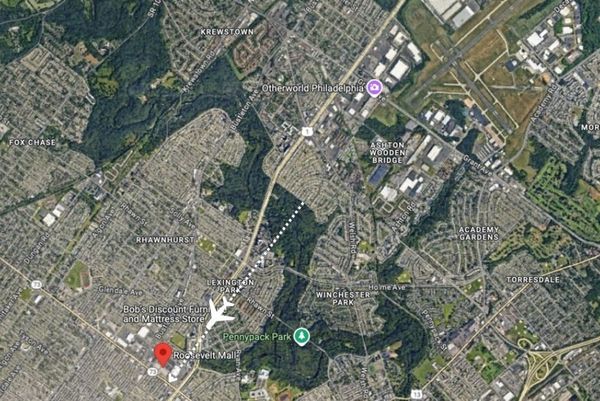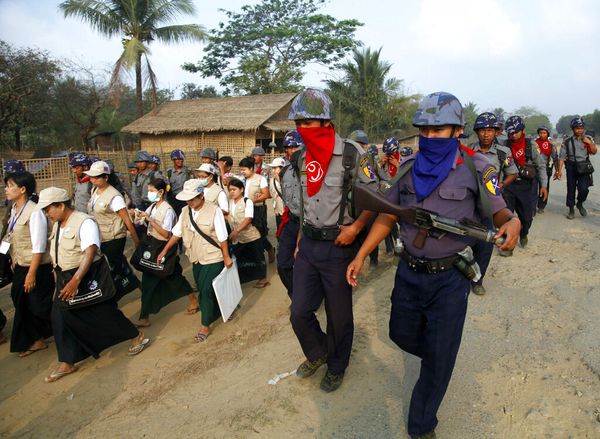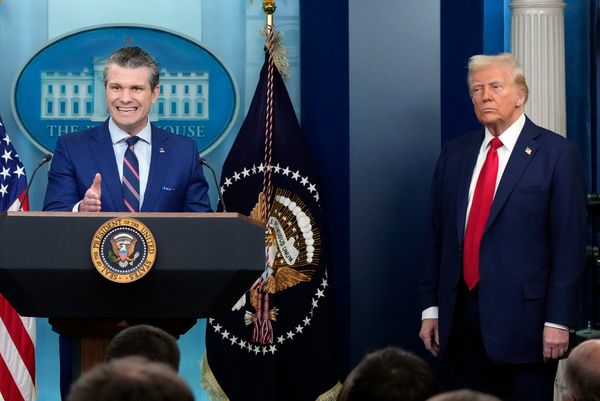
The trial of Raymond Chow, the alleged San Francisco crime boss better known as “Shrimp Boy”, begins today at a federal court in California. Gangland celebrity Mr Chow, 55, is accused of a slew of criminal activities, including ordering the murder of the man he would replace as “dragonhead” of the Ghee Kung Tong, a Chinese fraternal association based in the city’s Chinatown.
According to a federal indictment, the Tong has a criminal element that Mr Chow directed towards violent crime and racketeering. But his lawyers insist that during a long-running sting operation, it was agents from the Federal Bureau of Investigation who instigated most of that criminal activity, in the hope of involving and implicating Mr Chow.
The FBI operation was sparked by the 2006 murder of Tong boss Allen Leung, who was shot dead by a masked gunman at his import/export business as his wife looked on. At Mr Leung’s funeral, Mr Chow wore a white suit, which he maintains was a sign of respect. The authorities, however, saw it as evidence of his involvement in the killing.
The federal sting against Mr Chow, known as “Operation White Suit”, was based on that misconception, his lawyers said in a court filing. “The uninformed FBI interpreted Raymond's choice of suit colour to be a ‘rise to power’ thereby launching a decade of undercover operations and prosecution against Chow,” they wrote.
Mr Chow’s defence intends to focus on the conduct of an undercover agent, UCE 4599, who called himself “Dave” in interactions with the defendant, allegedly plying him with alcohol as he tried to convince him to partake in criminal activity. “After failing at legitimately snagging Chow, [he] independently engaged in criminal acts with people who knew Raymond,” the defence claims.
Born in Hong Kong in 1960, Mr Chow was an active gang member even before he moved to San Francisco as a teenager, where his diminutive stature earned him the nickname “Shrimp Boy”. During his criminal career, he faced charges including robbery, assault, prostitution, drug trafficking, money laundering and “mayhem”.
Yet Mr Chow insists that his life of crime came to an end in 2000, when he testified against his former gang associates in return for a reduced prison sentence. He was released in 2003 and claimed to have changed his ways, even as he rose to the leadership of the Ghee Kung Tong following Mr Leung’s death in 2006.
Mr Chow was arrested last year in a major gangland sweep that also saw the arrest of Leland Yee, a former Democratic state senator, who later pleaded guilty to racketeering.







